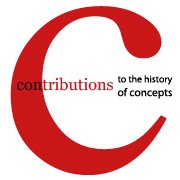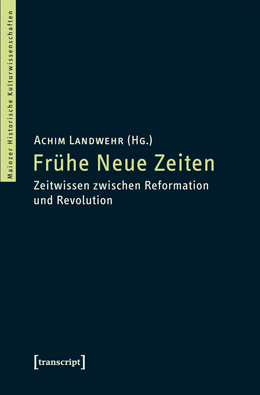The proceedings of a conference I attended two years ago in Heidelberg have been published as volume 18 in the series Schriften zur politischen Kultur der Weimarer Republik by Peter Lang.
My own contribution, titled
Eine “Klage, die so alt ist, als die Geschichte”? Dimensionen des Wandels im Diskurs der modernen Kulturkritik
(A “Complaint as old as History itself”? Dimensions of Change in the Discourse of Modern Cultural Criticism)
develops an analytical model to describe four dimensions of change in the modern discourse of cultural criticism since the late eighteenth century.
[EDIT: the text is now available online here.]
Click here for the volume’s contents, a short introductory text, part of the introduction and the publisher’s page.



